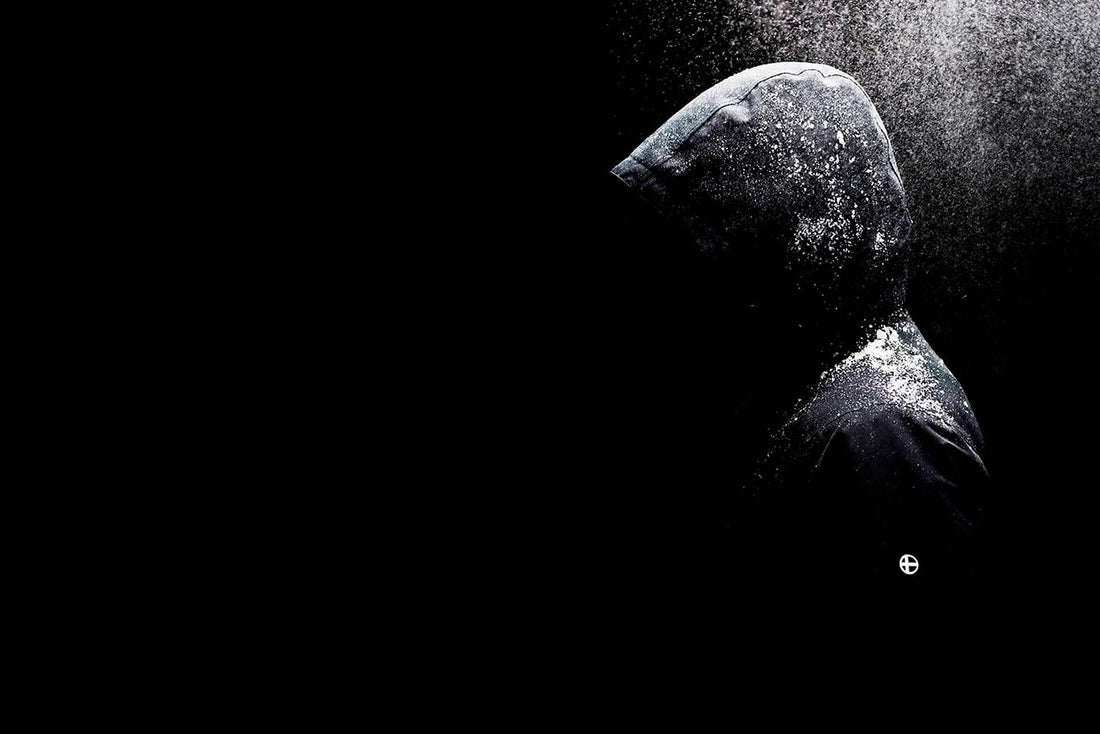
WATERPROOF
Share
Waterproofing has come a long way since Scandinavians used leather to stay dry – we have a long history of figuring out the best way to surviving bad weather. With ever changing weather conditions – we truly demand excellence in protecting ourselves against rain, wind and snow. All fall and winter jackets from Scandinavian Edition are 100% waterproof and this is how it is done:
WHAT MAKES A JACKET WATERPROOF?
Essentially there are two kinds of ‘waterproof’ jackets – water resistant, sometimes referred to as showerproof, and fully waterproof. There are several ways to make a jacket resistant to water, for example by adding a waterproof coating. However, to make a fully waterproof jacket, which remains waterproof over time you also need a waterproof membrane and taped or sealed seams.
WATERPROOF COATING
The outer fabric used for water resistant and waterproof jackets will often be treated with a Durable Water Repellency coating (DWR), or a similar water repellent coating. You can tell a jacket has been treated with a water repellent coating as water will bead up on the surface of the fabric and run off.
WATERPROOF MEMBRANE
A waterproof membrane is a thin layer bonded to the outer fabric. The membrane prevents liquid water (rain or melting snow) from entering – but at the same time allows water vapor (sweat) to escape from the inside and out. Under a microscope, you will see that the membrane has tiny holes that are small enough to keep rain from penetrating, yet big enough to let the vapor move from the inside and out.
| RATING IN MM | RESISTANCE | TYPE OF RAIN |
|---|---|---|
| 0 - 1500 | Water resistant / Snowproof | Dry conditions / Very light rain |
| 1500 - 5000 | Waterproof | Light to average rain |
| 5000 - 10K | Very Waterproof | Moderate to heavy rain |
| 10K - 20K* | Highly Waterproof | Heavy rain |
* All Fall & Winter jackets from Scandinavian Edition have a 20 000 mm rating.